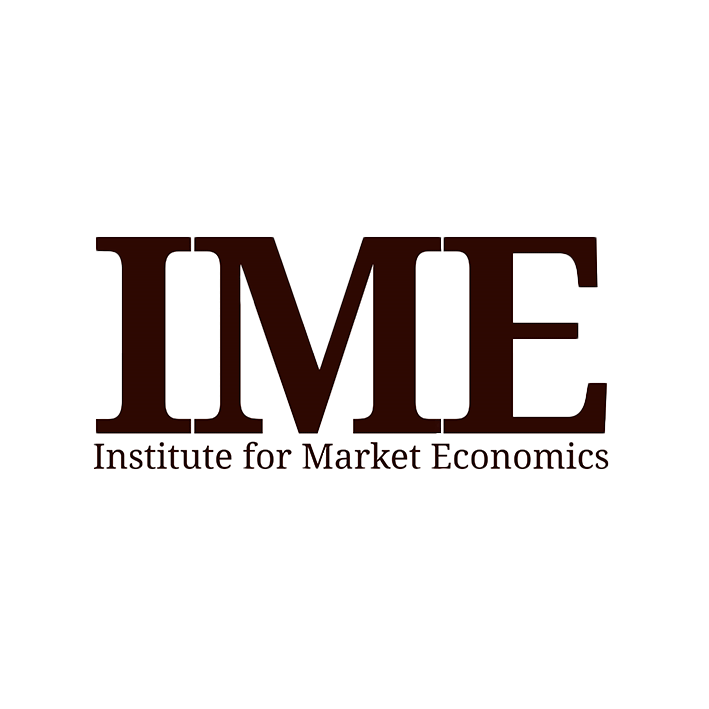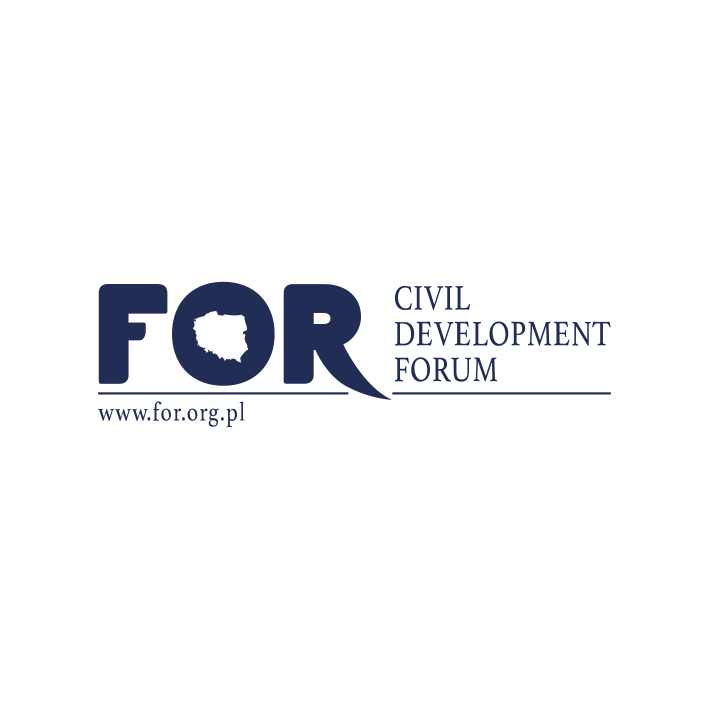Lithuania has a high score for paternalistic regulations across every criteria. Since the last edition of the Nanny State Index was published, it has banned the sale of all e-cigarette flavours except tobacco flavour, and it has increased the tax on vape juice from €0.12 per ml for €0.19 per ml. It has also banned the online sale of e-cigarette products from other countries.
Under the Law on Alcohol Control (2018), Lithuania became the only EU country where people have to be 20 years old to buy alcohol. The legislation also restricted opening times. Alcoholic beverages cannot be sold in shops before 10 AM or after 8 PM (3 PM Sunday); the previous opening times were 8 AM to 10 PM. No alcoholic drinks stronger than 13 per cent ABV can be sold in outdoor cafés or at outdoor cultural events. The sale of alcohol at sports events was banned in 2020, but a ban on selling light alcoholic drinks on beaches was lifted in June 2020. Alcohol stronger than 6 per cent cannot be sold in containers smaller than 200 ml.
The sale of alcohol at petrol stations was banned in January 2016, and there has been talk of restricting sales to state-owned shops, as in Finland. Various alcohol promotions, including prizes, coupons, gifts, free samples, and discount campaigns were banned in 2016, but Lithuania has taken the assault on marketing several steps further with a total ban on alcohol advertising in all forms, including imported magazines. Customers even have to cover up their alcohol purchases before they leave the shop.
Like Latvia, Lithuania is strangely preoccupied with energy drinks (except coffee). It has been illegal to sell them to people aged under 18 since January 2015, and the advertising of energy drinks is banned in educational institutions, concert or sports venues, theatres, cinemas, and in any media aimed at children.
Smoking is banned in most indoor public places and on parts of some beaches. Although smoking rooms are permitted indoors, some municipalities declare certain outdoor public places – such as town squares and bus stops – smoke-free zones. Since January 2021, smoking has been prohibited on the balconies, terraces, and loggias of apartment buildings where at least one occupant of the building is opposed to smoking. Almost two years after the ban on smoking in private balconies came into force, municipalities in major cities report that few people have been fined. In the capital of Vilnius, not a single person has been punished for smoking on a balcony.
The Tobacco Products and Related Products Control Law, 2016, subjects e-cigarettes to the same heavy restrictions as tobacco products. Advertising, promotion, and sponsorship of e-cigarettes are banned in nearly all venues and media. Vaping is banned in places where smoking is banned.
Adjusted for income, Lithuania has the highest taxes on wine and spirits of any country in the Nanny State Index apart from Turkey. The only good news for Lithuanian consumers is that there is no sugar tax, no plain packaging, no minimum pricing, and no display bans. But the way things are going, it is only a matter of time.
With thanks to the Lithuanian Free Market Institute.
About
The Nanny State Index (NSI) is a league table of the worst places in Europe to eat, drink, smoke and vape. The initiative was launched in March 2016 and was a media hit right across Europe. It is masterminded and led by IEA’s Christopher Snowdon with partners from all over Europe.
Enquiries: info@epicenternetwork.eu
Download Publication
Previous versions: 2021, 2019, 2017
Categories
About the Editor
Christopher Snowdon is the head of Lifestyle Economics at the Institute of Economic Affairs. His research focuses on lifestyle freedoms, prohibition and policy-based evidence. He is a regular contributor to the Spectator, Telegraph and Spiked and often appears on TV and radio discussing social and economic issues.
Snowdon’s work encompasses a diverse range of topics including ‘sin taxes’, state funding of charities, happiness economics, ‘public health’ regulation, gambling and the black market. Recent publications include ‘Drinking, Fast and Slow’, ‘The Proof of the Pudding: Denmark’s Fat Tax Fiasco’, ‘A Safer Bet’, and ‘You Had One Job’. He is also the author of ‘Killjoys’ (2017), ‘Selfishness, Greed and Capitalism’ (2015), ‘The Art of Suppression’ (2011), ‘The Spirit Level Delusion’ (2010), ‘Velvet Glove, Iron Fist’ (2009).
Lithuania 2023
Lithuania has a high score for paternalistic regulations across every criteria. Since the last edition of the Nanny State Index was published, it has banned the sale of all e-cigarette flavours except tobacco flavour, and it has increased the tax on vape juice from €0.12 per ml for €0.19 per ml. It has also banned the online sale of e-cigarette products from other countries.
Under the Law on Alcohol Control (2018), Lithuania became the only EU country where people have to be 20 years old to buy alcohol. The legislation also restricted opening times. Alcoholic beverages cannot be sold in shops before 10 AM or after 8 PM (3 PM Sunday); the previous opening times were 8 AM to 10 PM. No alcoholic drinks stronger than 13 per cent ABV can be sold in outdoor cafés or at outdoor cultural events. The sale of alcohol at sports events was banned in 2020, but a ban on selling light alcoholic drinks on beaches was lifted in June 2020. Alcohol stronger than 6 per cent cannot be sold in containers smaller than 200 ml.
The sale of alcohol at petrol stations was banned in January 2016, and there has been talk of restricting sales to state-owned shops, as in Finland. Various alcohol promotions, including prizes, coupons, gifts, free samples, and discount campaigns were banned in 2016, but Lithuania has taken the assault on marketing several steps further with a total ban on alcohol advertising in all forms, including imported magazines. Customers even have to cover up their alcohol purchases before they leave the shop.
Like Latvia, Lithuania is strangely preoccupied with energy drinks (except coffee). It has been illegal to sell them to people aged under 18 since January 2015, and the advertising of energy drinks is banned in educational institutions, concert or sports venues, theatres, cinemas, and in any media aimed at children.
Smoking is banned in most indoor public places and on parts of some beaches. Although smoking rooms are permitted indoors, some municipalities declare certain outdoor public places – such as town squares and bus stops – smoke-free zones. Since January 2021, smoking has been prohibited on the balconies, terraces, and loggias of apartment buildings where at least one occupant of the building is opposed to smoking. Almost two years after the ban on smoking in private balconies came into force, municipalities in major cities report that few people have been fined. In the capital of Vilnius, not a single person has been punished for smoking on a balcony.
The Tobacco Products and Related Products Control Law, 2016, subjects e-cigarettes to the same heavy restrictions as tobacco products. Advertising, promotion, and sponsorship of e-cigarettes are banned in nearly all venues and media. Vaping is banned in places where smoking is banned.
Adjusted for income, Lithuania has the highest taxes on wine and spirits of any country in the Nanny State Index apart from Turkey. The only good news for Lithuanian consumers is that there is no sugar tax, no plain packaging, no minimum pricing, and no display bans. But the way things are going, it is only a matter of time.
With thanks to the Lithuanian Free Market Institute.
 Austria
Austria Belgium
Belgium Bulgaria
Bulgaria Croatia
Croatia Cyprus
Cyprus Czech Republic
Czech Republic Denmark
Denmark Estonia
Estonia Finland
Finland France
France Germany
Germany Greece
Greece Hungary
Hungary Ireland
Ireland Italy
Italy Latvia
Latvia Lithuania
Lithuania Luxembourg
Luxembourg Malta
Malta Netherlands
Netherlands Norway
Norway Poland
Poland Portugal
Portugal Romania
Romania Slovakia
Slovakia Slovenia
Slovenia Spain
Spain Sweden
Sweden Turkey
Turkey United Kingdom
United Kingdom


















